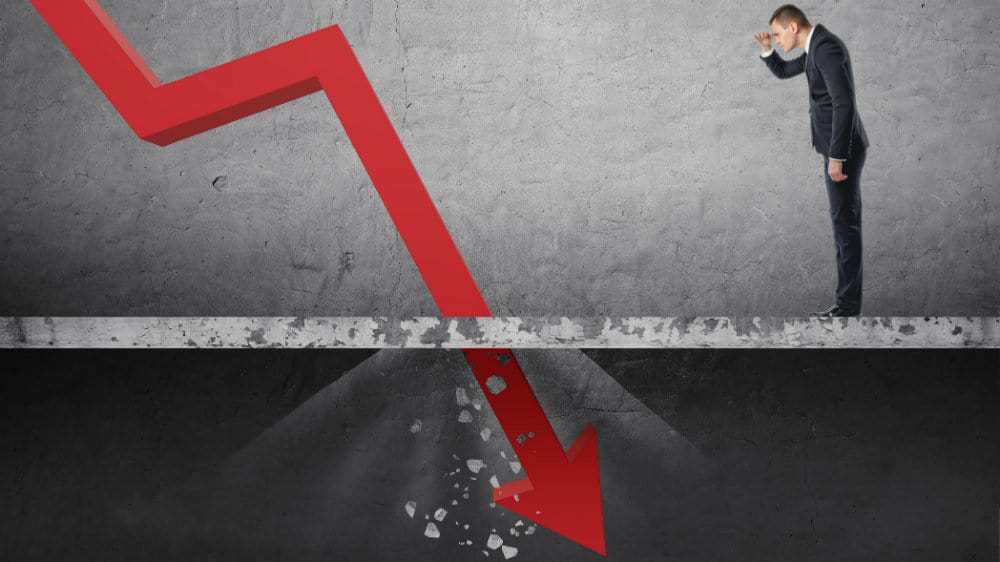So far, the stock market has performed remarkably well in 2021. Major stock indices, such as the FTSE 100, the FTSE 250 and the All-Share Index, all sit comfortably higher than they were in January. This is despite ongoing uncertainly surrounding Covid-19.
So will this bull run continue for the foreseeable future? Or will the market come crashing to a halt later this year? Let’s take a look.
[top_pitch]
What is a stock market crash?
A stock market crash generally refers to a sudden or unexpected dip in stock prices.
Crashes in the stock market are often caused by unforeseen events, such as a global war or an economic or health crisis. Crashes can also be caused by too much optimism in the market, excessive leverage and political instability among a host of other factors.
Stock market crashes can slash millions off the global economy. They can therefore be devastating to the wealth of those holding large amounts of equity.
Such crashes often create panic among investors. It’s why many look to sell following a crash, especially if they foresee further falls in the market. These sell-offs can add fuel to the narrative that the market is overvalued, which can weaken prices even further.
Is it a good idea to sell stocks during a crash?
Many experienced investors, taking a long-term view, understand that stock market crashes are part and parcel of investing. It’s why many prefer to hold onto investments during a crash, even if there’s little sign of an immediate recovery.
It’s also worth knowing that many investors see a stock market crash as an opportunity to purchase at a ‘discounted rate’. Buying stocks immediately after a crash can lead to gains should the market recover quickly. However, this won’t be the case if stocks have further to fall, or if the crash is the beginning of a long-term bear market.
For this reason, many investors believe trying to time the market is a futile exercise. That’s because to do it successfully, you need to have a perfect entry and exit point and it’s almost impossible to determine where these points are. For more on this, see our article on why ‘sell in May’ is little more than trying to time the market.
[middle_pitch]
When has the stock market crashed before?
Previous crashes that sent shockwaves through global economies include:
- The 1929 crash that began the Great Depression in the United States
- ‘Black Monday’ in 1987
- The Dotcom bubble crash of 2001
- The 2008 financial crisis
- The Covid-19 crash in 2020
Will the stock market crash in 2021?
It is not possible to know exactly when the next stock market crash might happen.
While it’s highly likely that the stock market will crash again, as it has done so several times over the past century, knowing when this will be is pretty much impossible to determine.
That said, some analysts say the stock market is in a bubble and overheating. As a result, they feel a crash is imminent. Others are more optimistic, suggesting that stock indices will continue to offer strong returns, especially when the economic fallout from Covid-19 is a distant memory.
Whatever your view of the stock market, it’s important to take the right approach when investing. For example, if you take the view that the markets will generally rise in the long term, you will be less likely to panic-sell your stocks in the immediate aftermath of a crash. This limits the possibility of you missing out on any market recovery.
Likewise, if you take the time to understand your tolerance for risk, you can determine how many bonds or equities to include in your portfolio. Whether you expect a crash or not, if prices crashing will mean you won’t be able to meet your financial commitments over the next few years, then you may be more inclined to hold a greater number of bonds. That’s because bonds generally perform better than equities during a crash.
If you’re new to investing, it’s worth reading the basics of investing. Looking to invest? See our list of the top-rated share dealing accounts.







